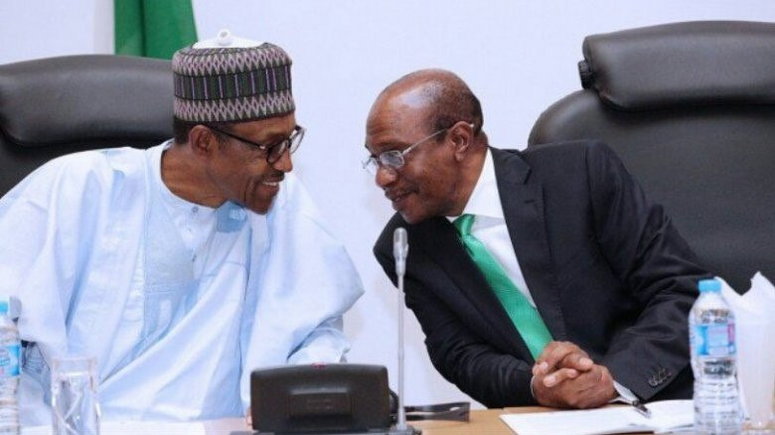The intersection of global and domestic developments has had a weighty impact on the Nigerian economy, and by extension, the Nigerian capital market in the first half of the year. As a background to our view of the domestic economy going forward, Cordros Capital, a leading financial sector intelligence Group in Lagos beamed its searchlight on the immediate impact of the novel COVID-19 outbreak on economic indices, while analysing the key policy responses introduced by economic managers aimed at limiting negative pass through to economic growth.
The group’s latest report said “In our 2020 Outlook, At the Cliff’s Edge, published last December, we highlighted that Nigeria’s economy was facing headwinds from rising domestic and external vulnerabilities. At the time, the dearth of structural re-alignments slated to commence in 2020 had posed a remote threat to the economy, however, the pandemic, together with the precipitous decline in oil prices, has now magnified the existing vulnerabilities. Against the backdrop of the damage done so far by the pandemic, which led to the institution of shelter-in-place policies across some major states in Nigeria at the twilight of March, we now expect Nigeria’s economy to nosedive into the recessionary territory in 2020.
“Given the situation, we are unsurprised that the monetary policy committee’s undertone appears supportive of economic growth at the expense of currency and price stability. Thus, the CBN’s (1) growing liquidity tolerance and (2) push for lower interest rates over the first half of the year, both of which synchronise neatly with the FGN’s aspiration, will now leave the currency market largely volatile, and by extension, drive inflation upwards over the rest of the year.
“Elsewhere, concerning the NGN10.8 trillion budget approved in 2020, we assumed a budget implementation rate of c.90.0%, and our scenario analysis suggests that the budget deficit could range between NGN4.05 trillion to NGN6.87 trillion. Meanwhile, unlike in the past when the FGN would typically resort to the CBN’s “Ways and Means” advances to bridge its deficit shortfall, the blend of healthy system liquidity, together with a sizeable maturity profile presents a rare opportunity for the FGN to aggressively issue domestic papers while keeping a tight lid on its cost of borrowing.









